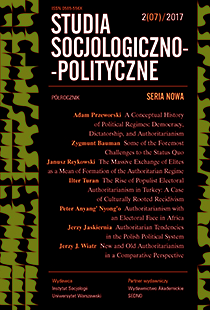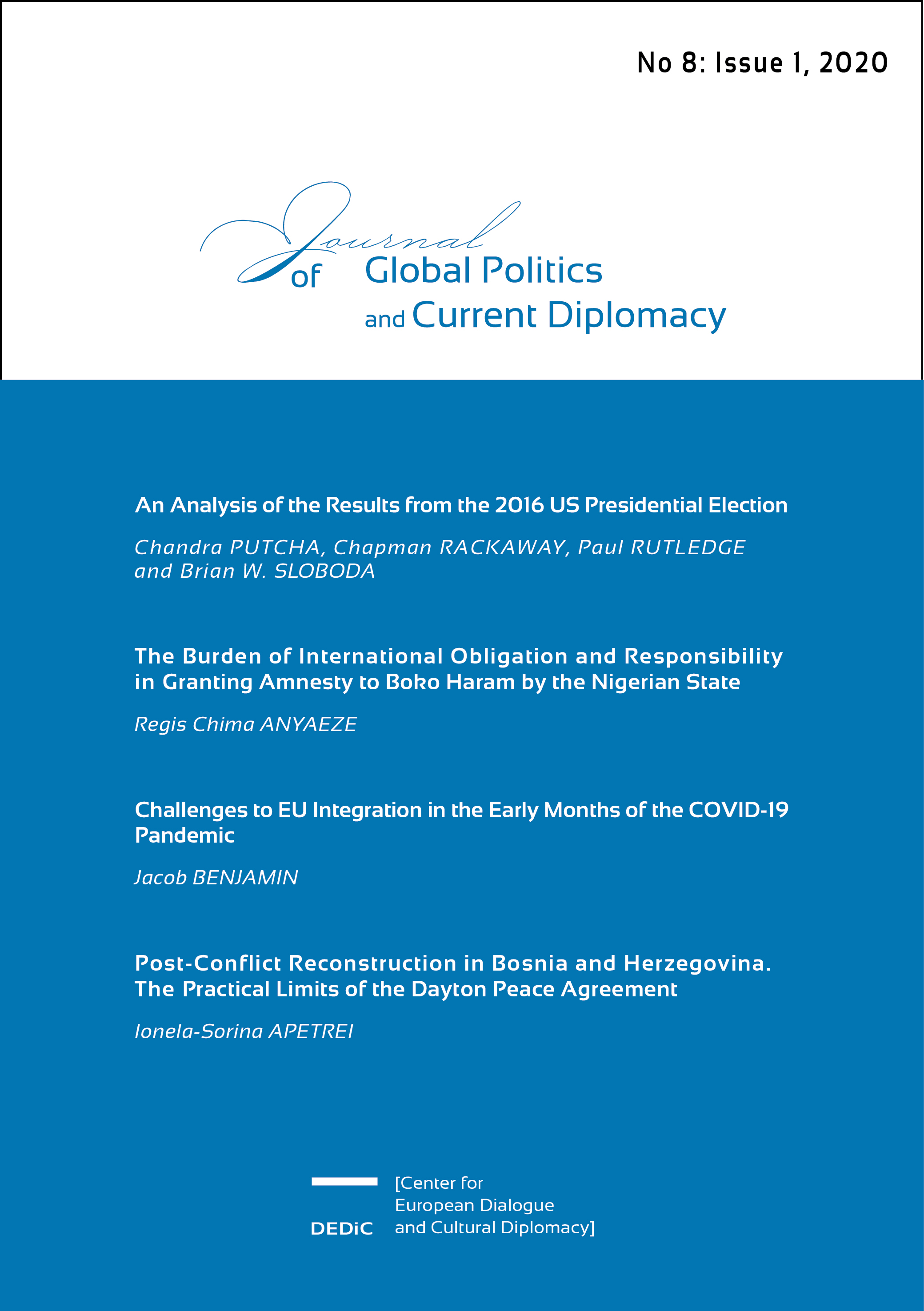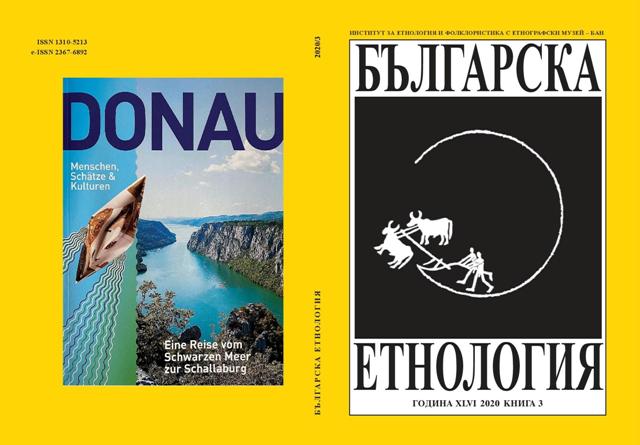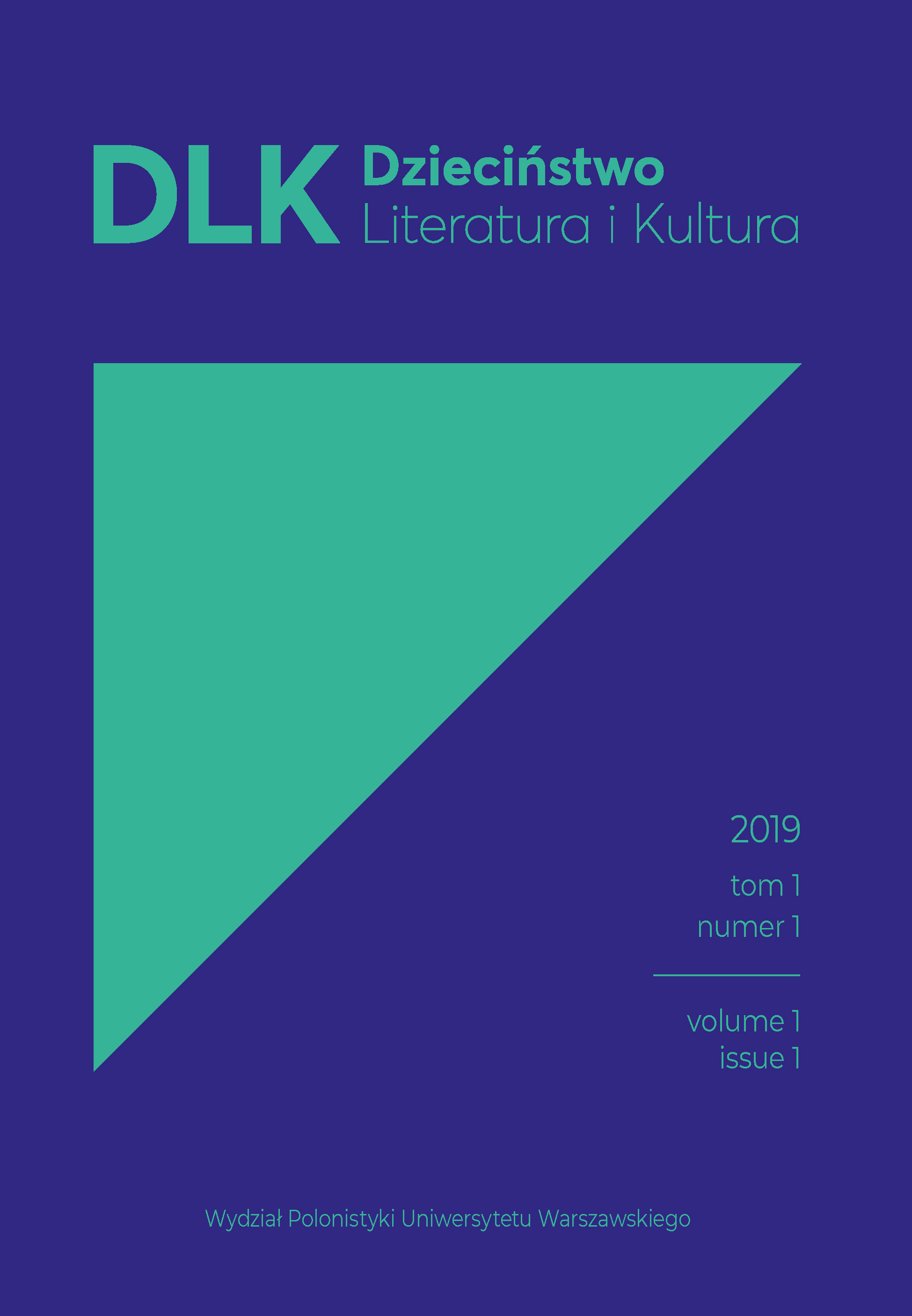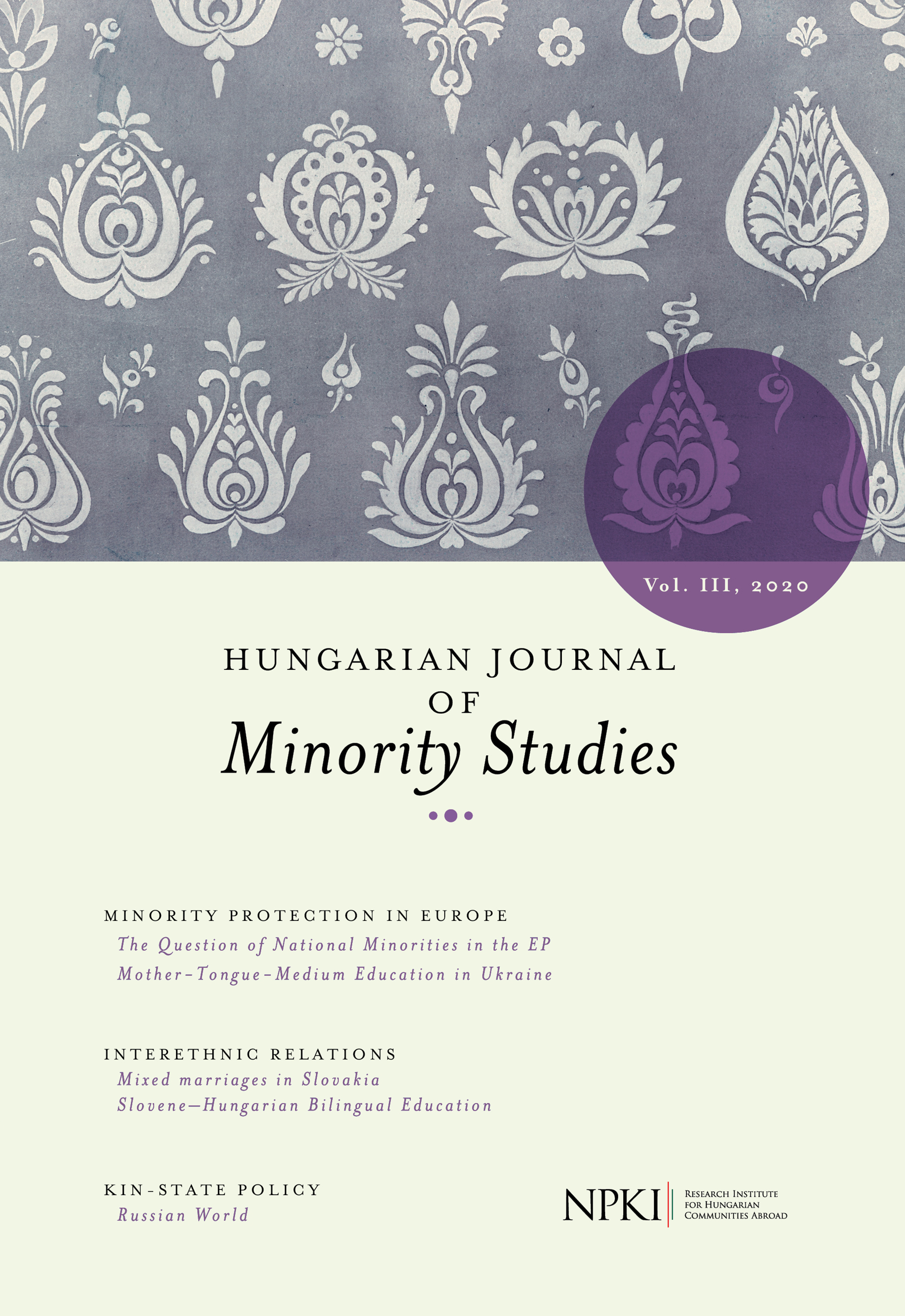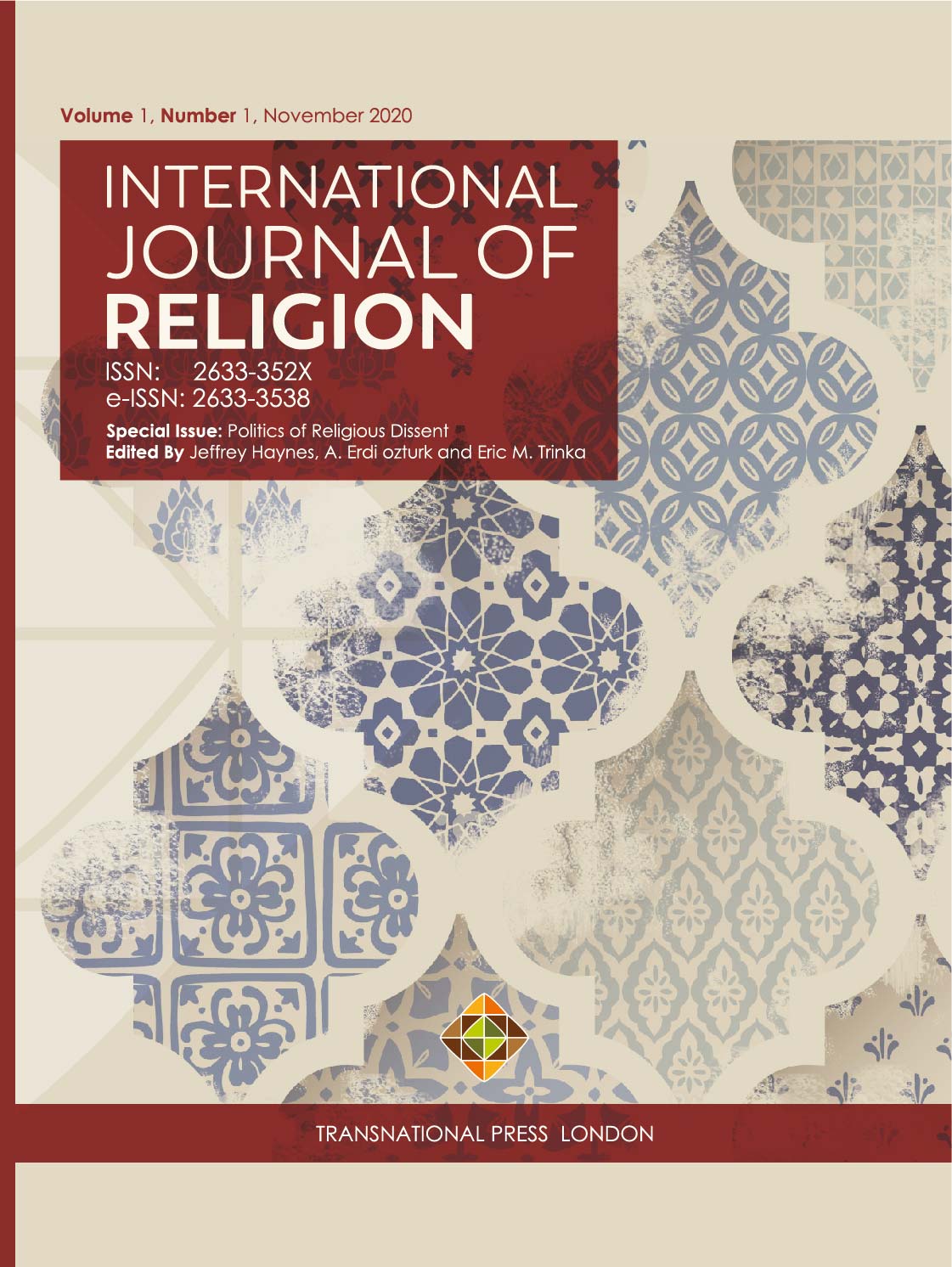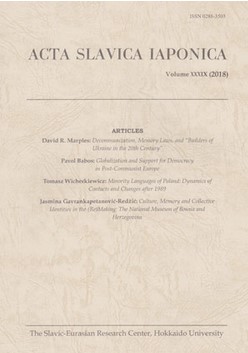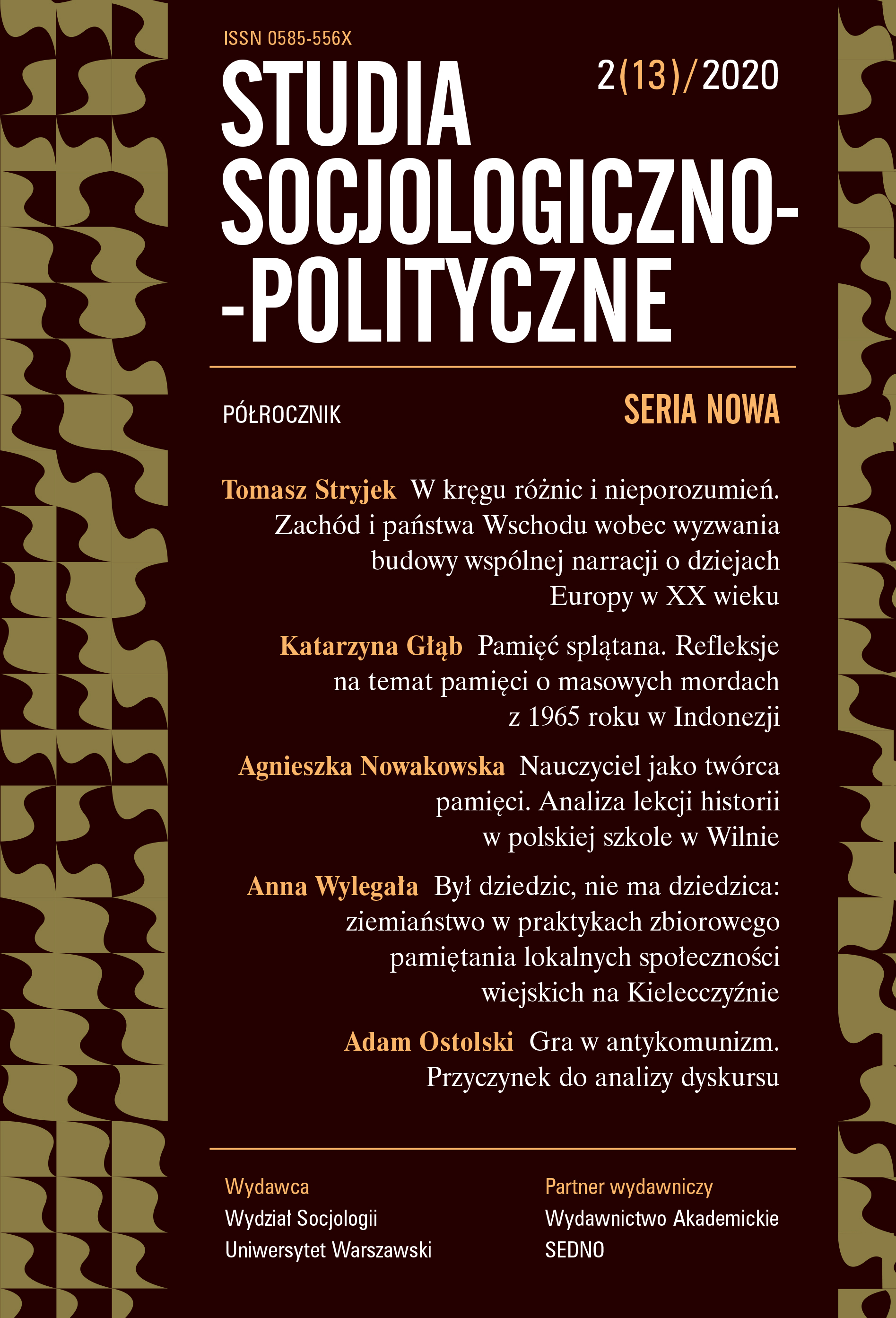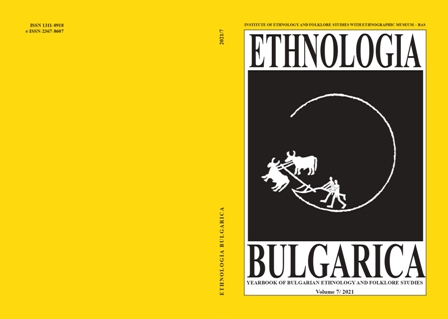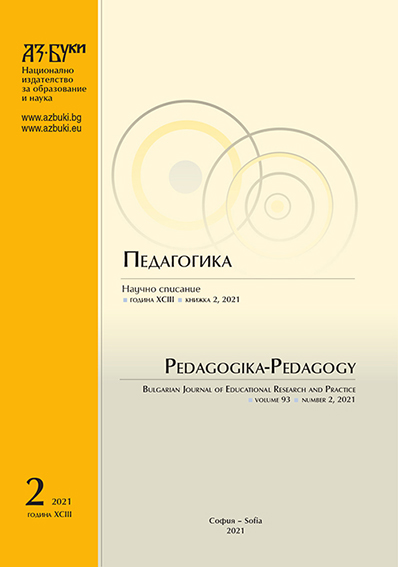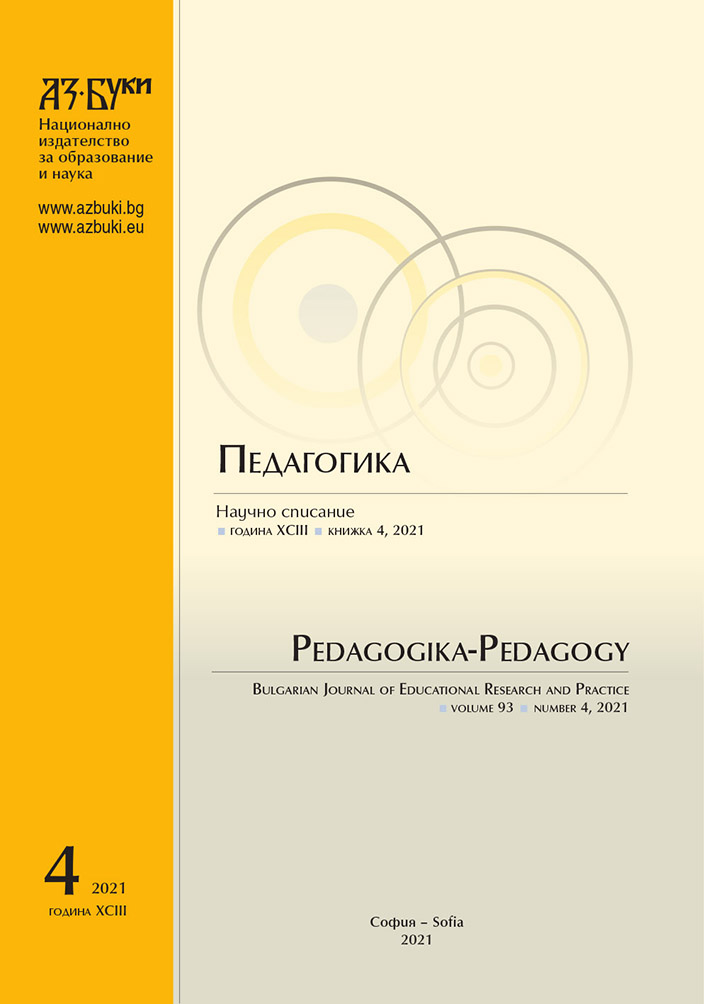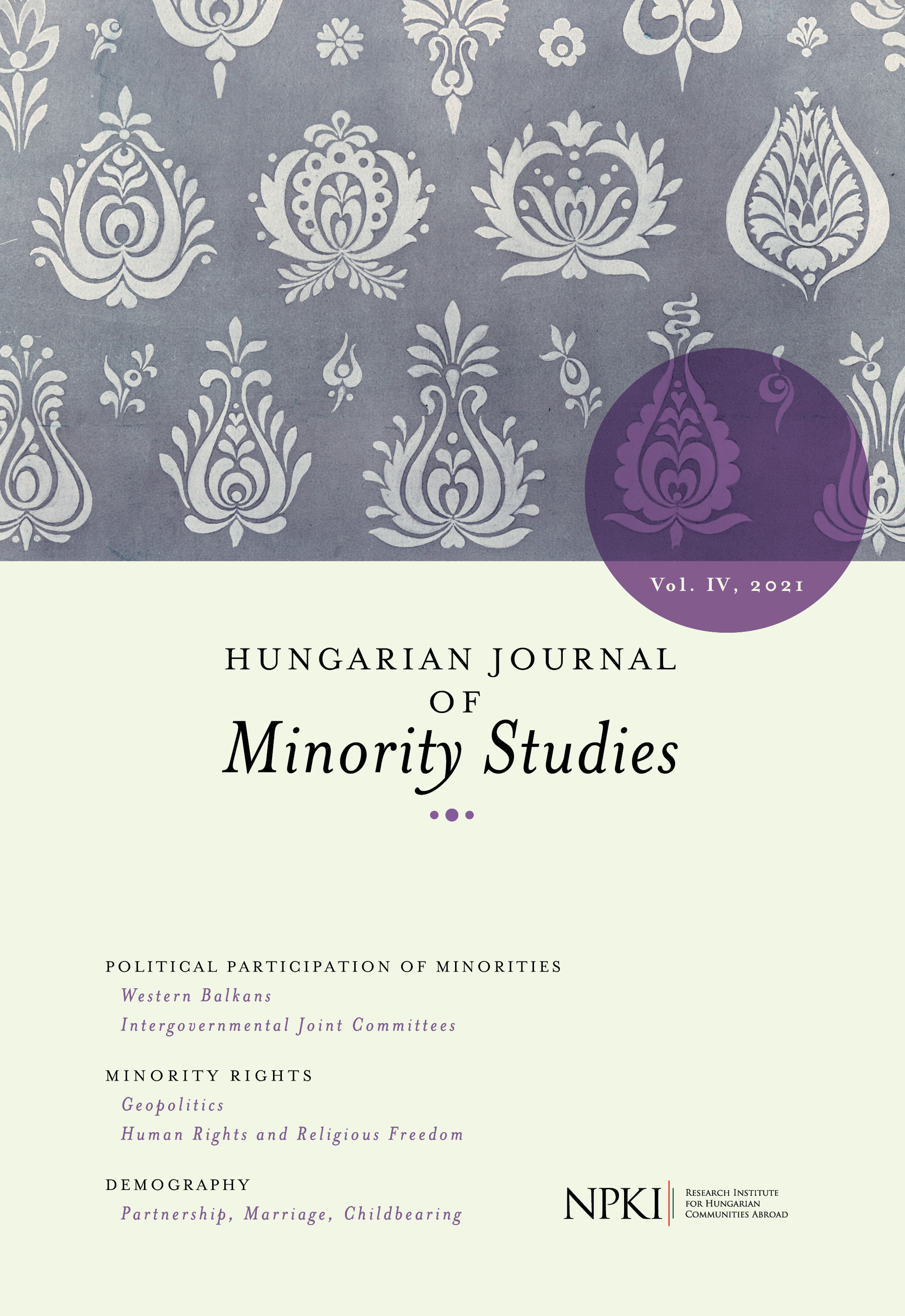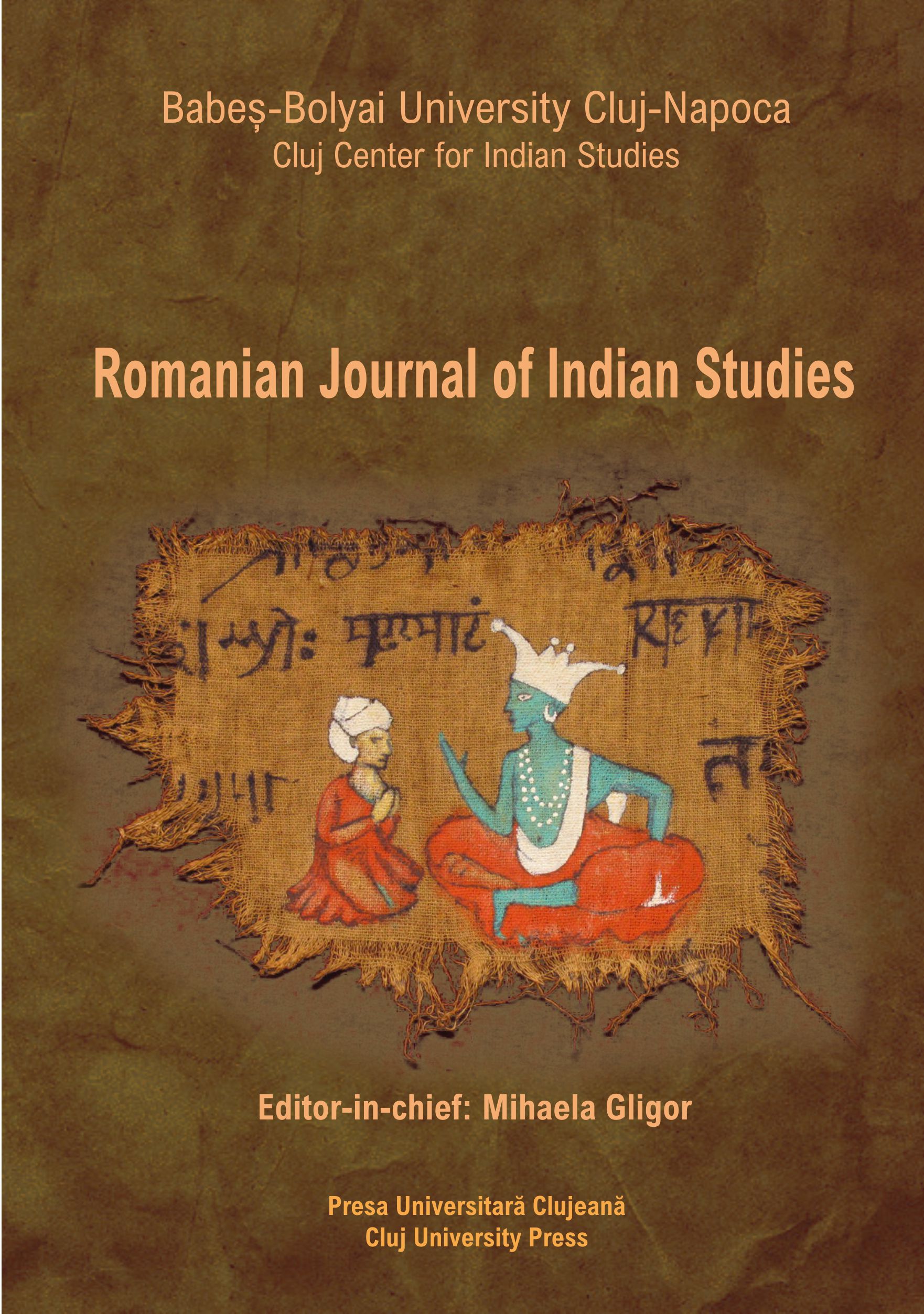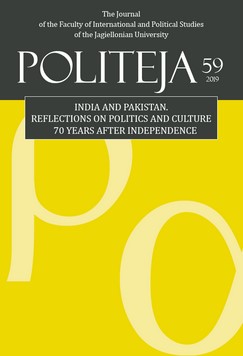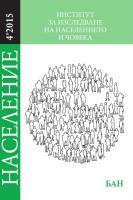
Нагласи и социални дистанции на най-големите етнически общности в България спрямо имигранти
The intensified processes of mobility and migration, specifically after the accession of Bulgaria to the EU, result in increasing ethnic diversity, changing configuration of ethnic communities, and hence, complicated interethnic relations in the country. Besides the “traditional” ethnic minorities, the number of immigrant minorities, particularly from some Arab countries, is continuously increasing. The main objective and contribution of this study was to examine attitudes and social distances towards immigrants – Russians and Arabs – not only on the part of ethnic Bulgarian majority, but also on the part of the largest ethnic minorities in the country – Bulgarian Turks and Roma. The study was a part of a larger survey among 1216 respondents with ethnic Bulgarian, Bulgarian Turkish and Roma self-identification in 3 Bulgarian districts with different proportions of ethnic minorities. Attitudes towards Russians were found to be more positive, and social distances towards them – shorter, compared to those towards Arabs. Still, attitudes towards Arabs were not as negative as attitudes towards Roma, who had been known to face the severest discrimination for years. Ethnicity turned out a significant factor for attitudes and social distances towards the immigrants. The effects of perceived economic status and some socio-demographic factors were also scrutinized.
More...
